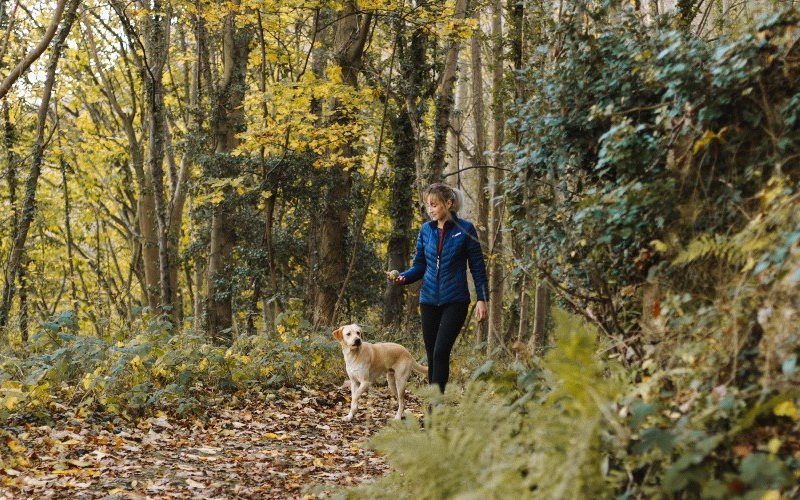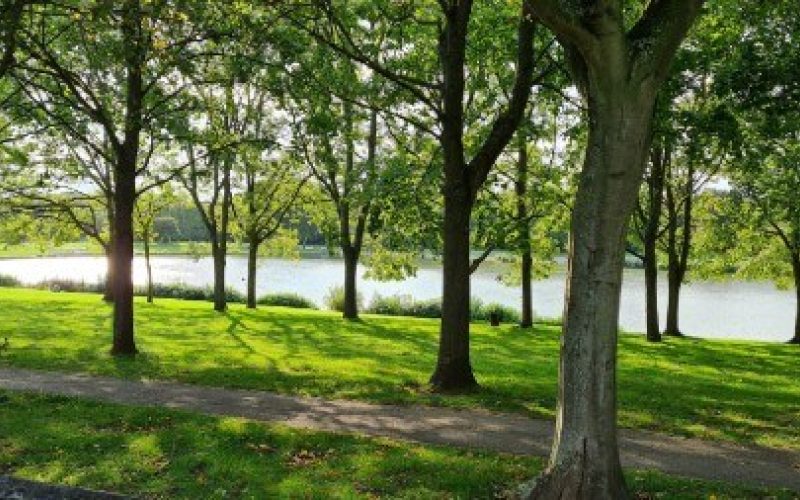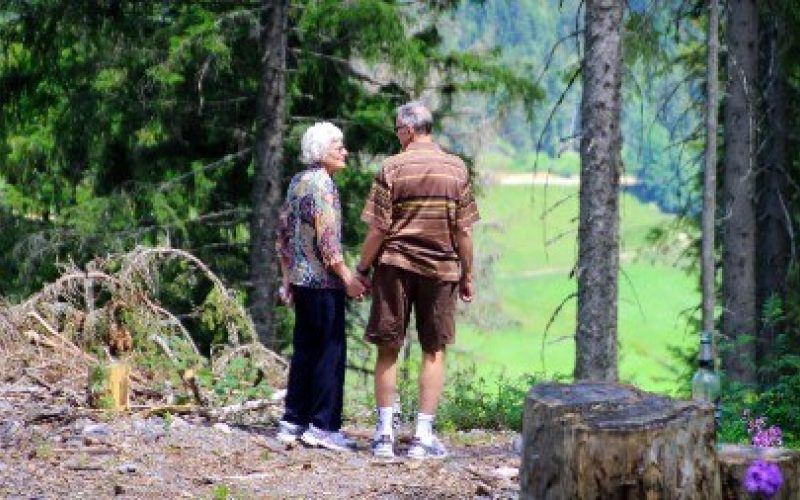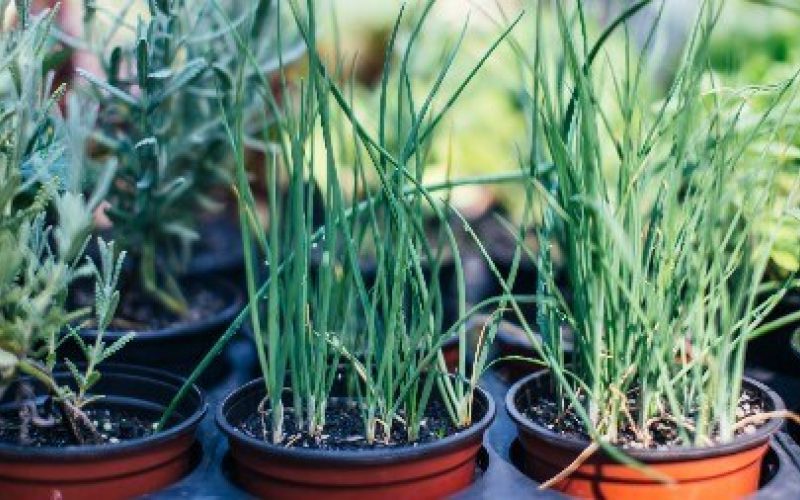Nature and wellbeing often go hand in hand. John Muir, a famous 19th Century mountaineer, spoke in depth about the natural world’s healing properties when it came to the mind, encouraging us to ‘allow nature’s peace to flow into you, as sunshine flows into trees’. The rejuvenating and inspiring properties that the outdoors can provide us with are just as relevant today .
In fact, there is a growing amount of evidence of the positive link between nature and wellbeing. From reducing stress and anxiety to improving sleep, there are countless reasons why spending time outdoors can help improve our fitness and happiness. In this blog, we will explore 10 of the most compelling reasons why being out in nature is good for you.
1. Improve your physical health

Whether you go for a walk or engage in outdoor sports, spending time outside in the fresh air can help improve your physical health and wellbeing.
Research shows that being outside can reduce a person’s heart rate and blood pressure, as well as generally lead to a longer life. Spending time outdoors can increase motivation for exercise and improve the enjoyment of physical activity by providing much-needed escapism from everyday life.
2. Reduce feelings of stress, anxiety and low mood

The benefits of connecting with nature also extend to your mental wellbeing. Studies into ecopsychology have shown that exposure to natural environments leads to stress hormone reductions and fewer instances of mental health problems such as anxiety and depression. It can even lead to an enhanced immune system and increased self-esteem.
Natural light has a positive impact on our mental health. There is evidence that vitamin D can improve mood, reduce negative emotions and lessen symptoms of depression. Studies have also shown that walking out doors in natural light to be an effective treatment for individuals who experience Seasonal Affective Disorder (SAD), a form of depression that impacts people at particular times in the year.
3. Relax and be mindful

Being outdoors can help you to feel grounded. Rather than ruminating or worrying about the future, connecting with nature allows you to be in the present moment.
The Japanese practise a relaxation method called shinrin yoku or forest bathing. This form of ecotherapy involves being present with the natural world whilst calmly acknowledging the trees and wildlife. Research found that forest bathing reduces blood pressure, reduces stress and improves focus and concentration. The research revealed that trees release chemicals called phytoncides, which boost our immune system.
In Japan, shinrin yoku is a national health programme, and the practice continues to gain momentum in the UK. You can find out more about forest bathing on the National Trust’s website.
When you are next spending time outdoors, try shinrin yoku for yourself. Engage your senses in the following ways:
Hear
What can you hear? Perhaps the birds singing or leaves blowing in the wind.
See
What can you see? Perhaps the bees approaching flowers or squirrels climbing trees.
Smell
What can you smell? Perhaps the sweet smell of flowers or the enticing scent of next door's barbeque.
Taste
What can you taste? Pick a blackberry and relish its flavour in Summertime or enjoy a warm cup of tea whilst watching the rain trickle down your window.
Feel
What can you feel? Perhaps the wind flowing through your fingers or the warm sun on your face as you walk through the park.
4. Maintain perspective

Being at one with the natural world can help remind us of what is important. It allows us to see the bigger picture and reflect on what matters to us.
Spending time outdoors can enable us to reassess our worries and approach them from a different perspective. It may be useful to ask yourself the question: Is what I am worrying about now really that important in the grand scheme of things?
5. Learn something new

Interacting with nature provides a unique opportunity to learn about wildlife through observation. Outdoor learning is inclusive and encourages us all to take responsibility for caring for the natural environment.
You do not have to go far. Over 1 million people recently took part in the RSPB Big Garden Birdwatch, which saw 17 million birds counted. Similar initiatives referred to as Citizen Science include the Big Butterfly Count, Plant Britain and Map your Hedgehog sighting.
6. Make new connections and strengthen existing ones

Spending time in our local green space can enable us to make new connections. Saying hello to a fellow dog walker, teaming up with someone during a fitness Bootcamp or playing a sport can all help to forge new relationships.
Joining a local project such as a walking group, a gardening club, or wildlife society inspires a sense of community and supports our innate need to interact and build strong relationships.
Connecting with loved ones away from indoor distractions is a great way to strengthen relationships whilst promoting positive wellbeing through exercise and exposure to natural environments.
7. Improve self-esteem and confidence

Caring for something else in the natural world, such as a plant, bee hotel or bird box, can help improve self-esteem and confidence.
Nurturing something else can bring a sense of achievement and highlight the importance of our own self-care.
8. Take a break from technology

Technological developments have provoked an 'always on' culture in our society. We feel the need to constantly check our work emails in the evening, update our social media profiles and respond instantly to messages from our friends.
High levels of screen use is associated with reduced physical activity, poor sleep quality and lower wellbeing.
Nature contact provides us with an all-important digital detox with time away to reconnect with ourselves and others on a deeper level.
9. Be creative

Being outdoors promotes creativity. Whether you are a child building a treehouse or an adult planning a new book, contact with nature will inspire you to think differently.
Research by Stanford University found that when people spend time in natural environments, they can perceive time differently. Time may feel longer than if you were in the office. Without the pressure of time or lack of, we are free to exercise our creativity.
10. Save money

Connecting with nature is easily accessible, inclusive, and you can improve your quality of life and achieve the above health benefits at little or no cost.
Finding green spaces in urban environments may prove more difficult, but you can discover nature all around and in the unlikeliest of places. Window boxes, green roofs/balconies, parks, canals and public seating areas are all examples of green spaces in the city. Find a green space near you with the Fields in Trust Green Space Index.
So, as the weather starts to brighten and the days begin to warm, there’s no better time to take a stroll into the natural world around you. The cities and towns that we live in may continue to grow, and sometimes it might feel like we’re more removed from nature than ever, but all it takes is a keen eye for green, a quick google, or a stroll in the right direction to reap the wellbeing benefits from spending time in nature.
For more help with managing wellbeing, download our stress bucket template, a useful tool for understanding and managing mental wellness.
If you would like to quickly assess how well you are providing for your employees’ wellbeing, try our 3 minute mental health workplace audit which gives you an analysis of where you are now and advice on next steps.



